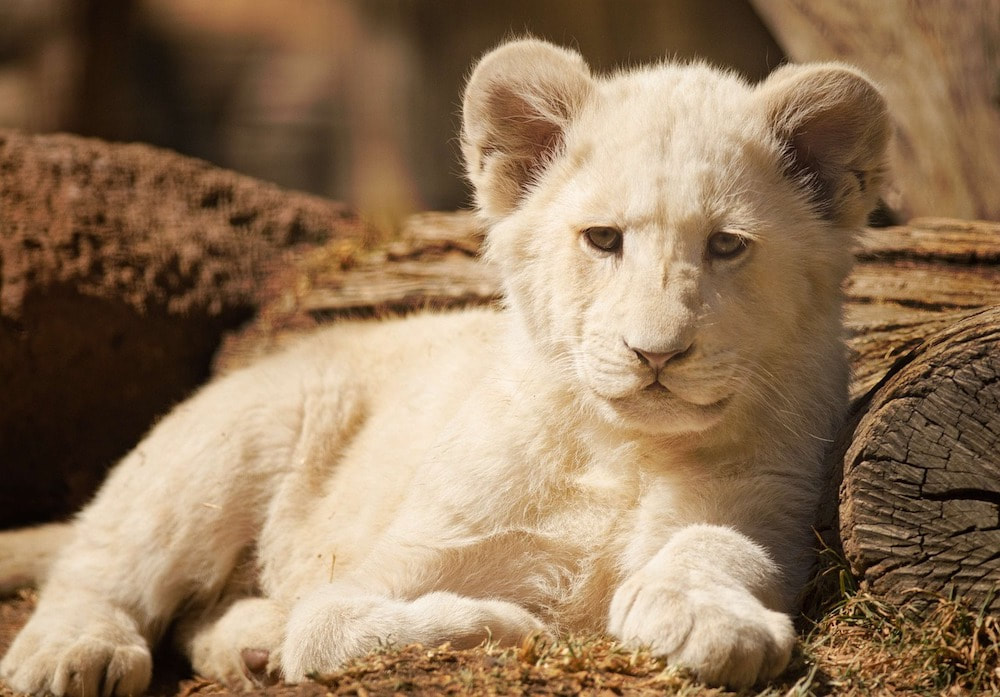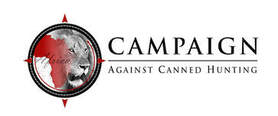
The response on social media to the inaugural meeting of our Captive Carnivore working group has been mostly condemnatory and often downright abusive. The main theme of the criticism is that cub petting and lion farming should be banned and anything less than that amounts to a betrayal of the lions.
Let us be clear about this issue. CACH continues to campaign vigorously in more than a dozen countries for tourism and volunteer operators to withdraw their support for facilities that offer cub petting. We also liaise with more powerful welfare organisations to reduce demand for lion trophy hunts by banning the import of lion trophies into their countries. Other role players such as airlines are also targeted. So over the last 20 years, very few people have done more than us to bring lion trophy hunting to an end and to publicise the link between cub petting and canned lion hunting. That work goes on day in and day out.
We are a small group of volunteers, finding as much time as we can to fight for the lions. None of us draws a salary and none of us ever will.
We have found by bitter experience that the South African government is determined to promote lion farming and canned lion hunting, together with all its spin-offs, including the lion bone trade. All our campaign efforts have fallen on deaf ears in the SA Department of Environment which, as we have explained many times, has been captured by the hunting industry.
Indeed the SA government is eagerly promoting the exploitation of animals for the Asian traditional medicine trade and you may have read of the cruel killing and skinning of donkeys to provide donkey skins to Asia.
https://www.thedonkeysanctuary.org.uk/sites/sanctuary/files/under_the_skin_report.pdf
So it’s not just the lions who are suffering from a government culture which claims that compassion for animals is un-African.
While we continue to campaign against canned lion hunting, what are we to do in the meantime? Other than a provincial Ordinance in one of the nine South African provinces, there is no control over the interaction between animals and the public. Cub petting thrives in a vacuum where animal welfare regulation should exist. The Captive Carnivore working group decided at its first meeting to draft a management plan to submit to government which will fill that vacuum and introduce animal welfare into all animal aspects of lion farming and cub petting.
How can struggling to get animal welfare placed on the agenda in SA conservation be so distasteful to so many animal lovers?
- Do you want to see lion cubs so stressed from excessive human handling that they lose their hair? Is that what you want?
- Do you want to see lion cubs covered with mange, drinking from filthy water troughs? Is that what you want?
- Do you want to see lion cubs dragging their hindquarters behind them because they have rickets from poor nutrition?
Over the last 20 years I have become cynical about clicktivists – people who clamour self-righteously to know what we are doing to make them feel better about the plight of lions. They should rather ask themselves what they are doing to improve the plight of lions.
Shouting on social media has its uses to raise awareness but that is subject to the law of diminishing returns. Thanks largely to our own efforts, everyone in conservation and many of the public role players and stakeholders are now fully aware of the link between cub petting and canned lion hunting. It is now time to engage with stakeholders- yes even lion farmers- if we wish to be effective in animal advocacy.
For those who refuse to see the importance of getting animal welfare placed on the conservation agenda, we would rather they just went away with short jerky movements, to rephrase an old Anglo-Saxon expression.
Chris Mercer.
